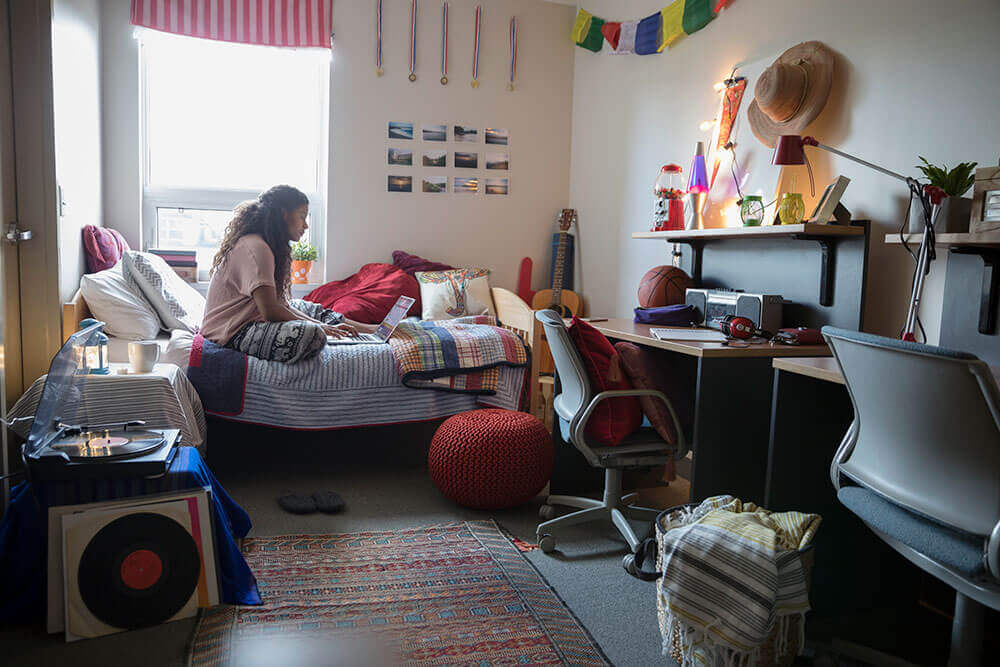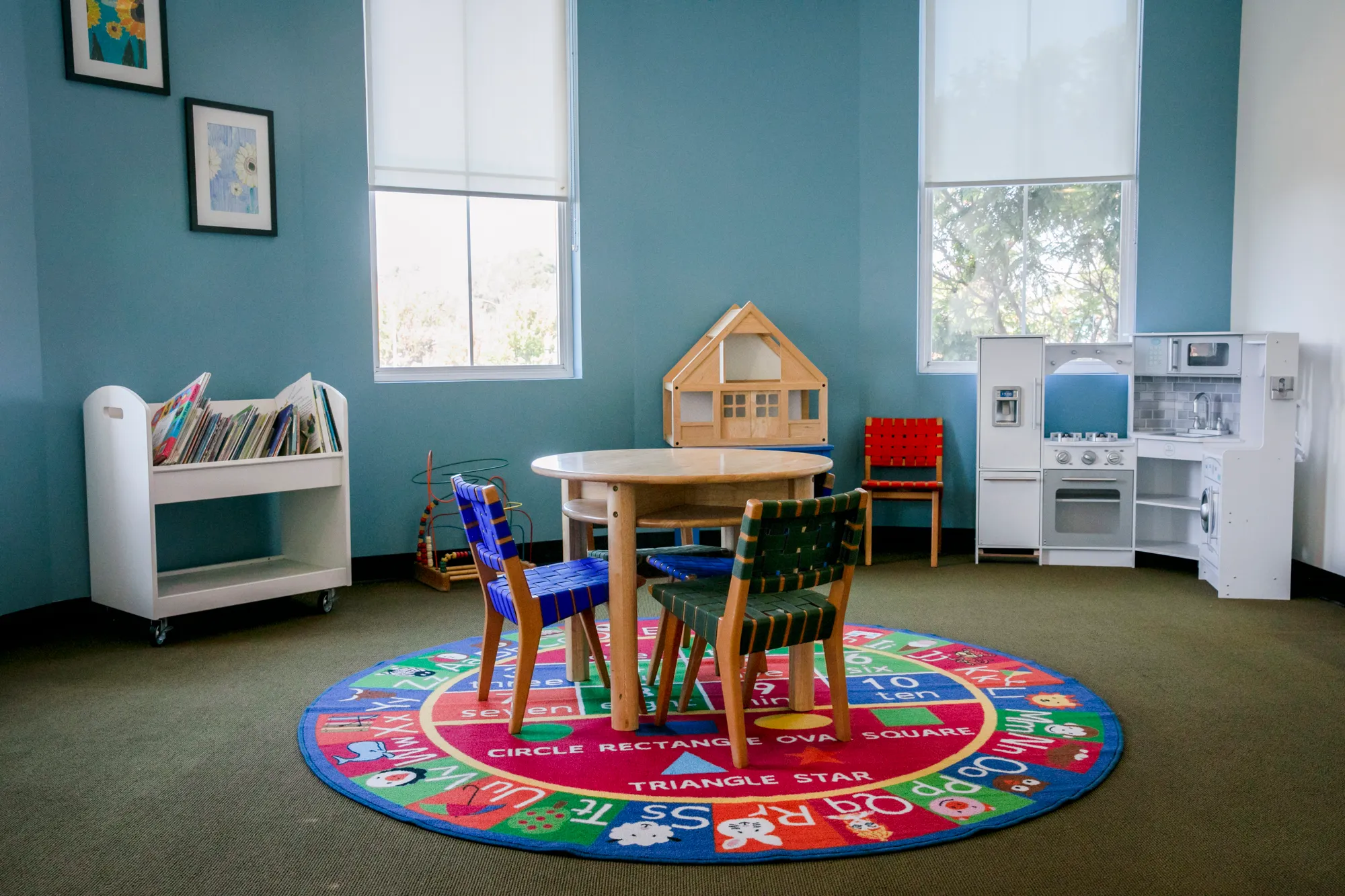In a significant move aimed at enhancing the financial independence of foster children, California legislators have introduced AB 2906, a bill that proposes crucial amendments to the current system governing Social Security benefits for these vulnerable youths. Spearheaded by Assemblymembers Isaac Bryan and Mike A. Gipson, this legislation seeks to prevent county agencies from using Social Security benefits to cover foster care costs, ensuring the funds reach the children directly.

Understanding the Implications of AB 2906
Under existing regulations, the State Department of Social Services can allocate funds from Social Security survivors’ benefits and Supplemental Security Income to pay for or reimburse foster care expenses. However, this practice has drawn significant criticism for diverting funds meant to support the personal needs of foster children into general county budgets.
Assemblymember Bryan, in a statement to KCRA 3, highlighted the urgent need for reform. “These are benefits that belong to these young people,” Bryan emphasized. “We are stealing those benefits but we’ve treated it as a revenue stream for decades.” This sentiment underscores the moral and ethical considerations driving the proposed changes.
Social Security benefits could be changed for thousands of children https://t.co/e3DOqqihBB pic.twitter.com/4iD2cfs54Y
— Newsweek (@Newsweek) April 29, 2024
The Nationwide Context and the Need for Reform
The issue of misdirected Social Security benefits is not unique to California. According to a 2021 report by the Marshall Project, approximately 10 percent of foster children in the United States are entitled to Social Security benefits due to the death of a parent or because they have a disability.
Yet, the Children’s Advocacy Institute at the University of San Diego points out that the vast majority of these children never see a dollar of their benefits, with states routinely intercepting these funds to cover administrative costs.

Ed Howard, the senior counsel at the Children’s Advocacy Institute, passionately articulated the dire consequences of the current system. “Too many of these children, who are our children, end up homeless and terrified on their 18th birthday, too many of them end up trafficked, too few of them go to college,” Howard stated.
His words paint a bleak picture of the challenges faced by foster children as they transition to adulthood without adequate financial support.
The Path Forward for California
If passed, AB 2906 would come into effect on January 1, 2025, marking a significant shift in how foster care agencies manage and distribute Social Security benefits.
This legislative effort is part of a broader movement to uphold the rights and dignity of foster children, ensuring they have the financial resources to support their transition out of the foster care system.

This bill not only aims to rectify financial mismanagement but also seeks to offer foster children a better foundation for their future. By redirecting funds back to the rightful recipients, California lawmakers hope to foster a system that prioritizes the welfare and independence of these young individuals.
As this bill progresses through the legislative process, it continues to garner attention from various stakeholders, including advocacy groups and the public.
The potential impact of AB 2906 offers a beacon of hope for reform advocates and foster children alike, promising a future where benefits are protected and used as intended—to support and empower some of the nation’s most vulnerable citizens.










